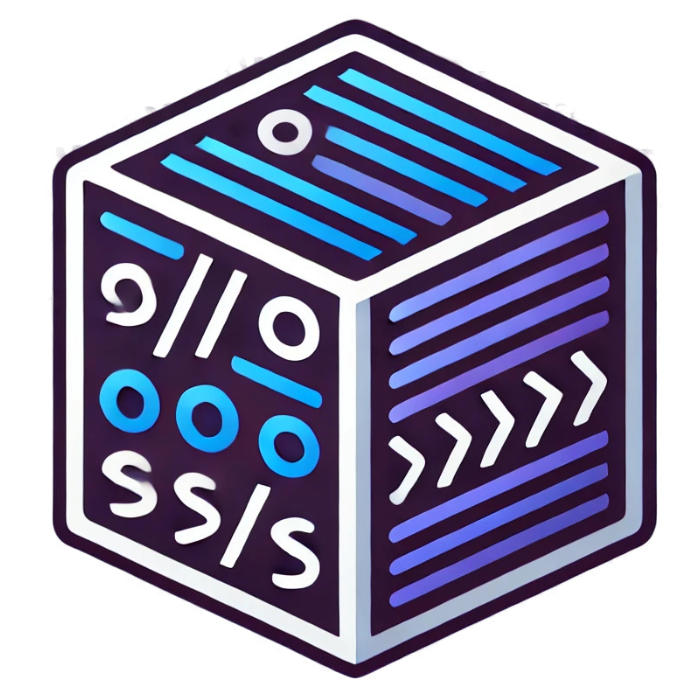Code Completions
What happens is that Twoslash makes a request to TypeScript to get the auto-complete at the point of the ^, and then filters the possible outputs based on the letters following the .. Up to 5 results will be shown inline, and if a completion is marked as deprecated - that will be respected in the output.
So, in this case, Twoslash asks TypeScript for completions of console, then filters down to completions which start with c. Note that the compiler flag for // @noErrors is set, because console.c is a failing TypeScript code sample but we don’t really care about that.
console.c clearcountcountReset
```ts twoslash// @noErrors
console.c// ^|```